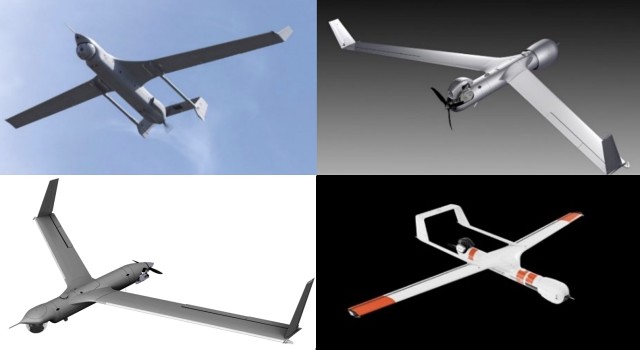Orbital expands agreement with Boeing subsidiary targeting up to $350 million over the next 5 years

Orbital’s expanded long term agreement with key customer Insitu Inc. covers five propulsion systems with the potential value of $120-350 million over five years.
Drone tech provider Orbital Corporation (ASX: OEC) has announced a significant expansion of its existing long-term agreement with Boeing’s subsidiary Insitu, that could see the company generate between $120 million and $350 million over the next five years.
Orbital UAV provides integrated propulsion systems and flight critical components for tactical unmanned aerial vehicles (UAVs).
The agreement builds on Orbital’s existing partnership with Insitu and increases the scope, scale and term of work outlined in the original agreement, signed in December 2016.
According to Orbital, its Modular Propulsion Solution will offer Insitu’s customers improved production lead times, greater volume flexibility, tailored performance applications and “guaranteed quality” across its product range due on the back of a “modularised approach”.
Orbital said that its designs will facilitate a modular range of propulsion systems capable of being integrated across multiple UAV platforms with varying payloads and capability.
Ready for delivery
The expanded agreement covers the delivery of multiple propulsion systems and services that will be applied across Insitu’s entire range of unmanned aircraft system (UAS) platforms, including the assembly, supply and overhaul of three highly configurable propulsion systems – and forming what Orbital calls its “Modular Propulsion Solution”.
Also, the expanded deal secures the assembly, supply and overhaul of two Insitu designed engines, built and serviced from Orbital’s new operational facility in Hood River, Oregon in the US.
Orbital has said that the propulsion systems included within the expanded agreement will be capable of integrating across Insitu’s entire range of world-class UAS platforms, including the company’s flagship products – the Integrator, ScanEagle, ScanEagle2 and ScanEagle3 UAV’s.

Insitu’s range of world-class UAS platforms: the Integrator (top left), ScanEagle2 (top right), ScanEagle3 (bottom right) and ScanEagle (bottom left).
The expanded deal means that Orbital UAV will continue to progress its ongoing development phase in parallel with Insitu with delivery of the first units expected as early as Q1 2019.
“We are delighted to have signed this revised agreement with our key customer Insitu,” said Todd Alder, CEO and managing director of Orbital.
Mr Alder said, “the increased scope and scale of work within the agreement demonstrates Orbital’s ability to meet the growing requirements of the rapidly evolving UAS market and represents a key milestone in the company’s strategy to deliver sustainable growth.”
Fresh revenue guidance
As a result of its development work and today’s news of its expanded deal with Insitu, Orbital has adjusted its revenue guidance for the current financial year.
Orbital is forecasting a revenue figure of approximately $24 million in FY19, taking into consideration the MPS investment in the first half of the year that will ultimately provide the foundation to maintain substantial revenue growth over the next five years, and very importantly, will mean that Orbital will invest in the production of five engines.
“With our US production facility now operational, the expanded agreement with Insitu, and the development of our Modular Propulsion Solution, the coming year, and beyond, promises to be an exciting period for Orbital,” said Mr Alder.
In addition to its future revenue guidance, in its most recent financial results published last month, Orbital reported strong financial results for the past financial year with revenue from continuing operations totalling $21 million – a significant 54% improvement on 2017.
In terms of profit from its continuing operations, Orbital reported a profit of $1.73 million last year, compared to a loss of almost $4 million in 2017. Its net profit after tax was $2.2 million with a healthy current assets total of $20.8 million.
